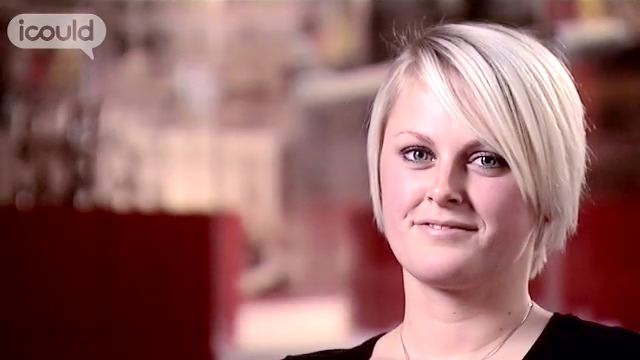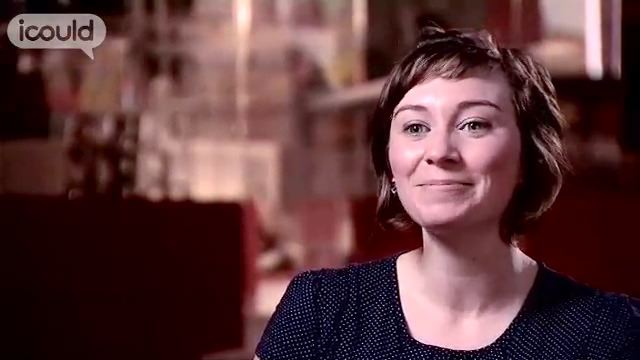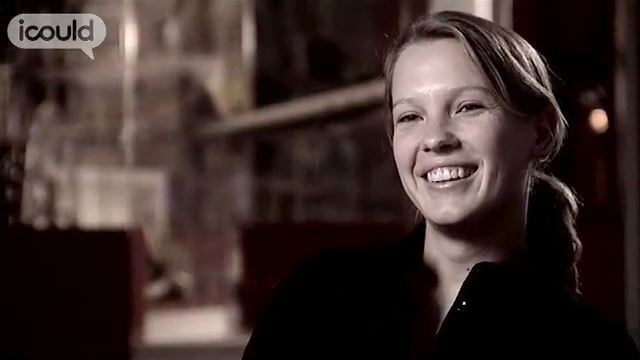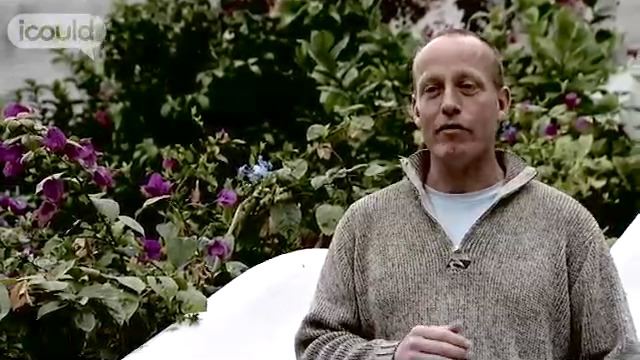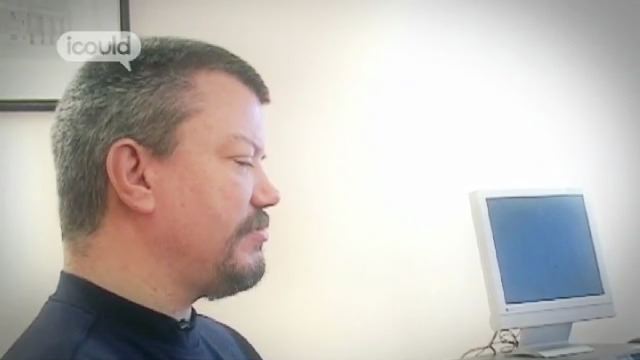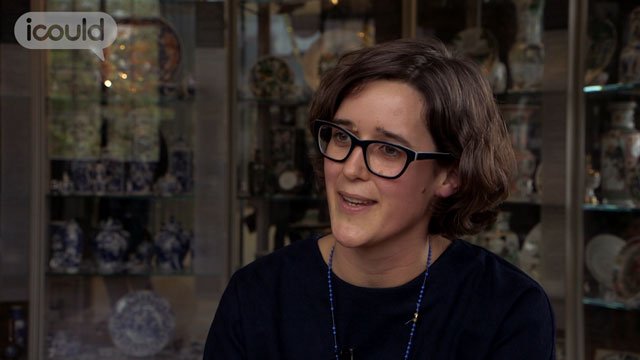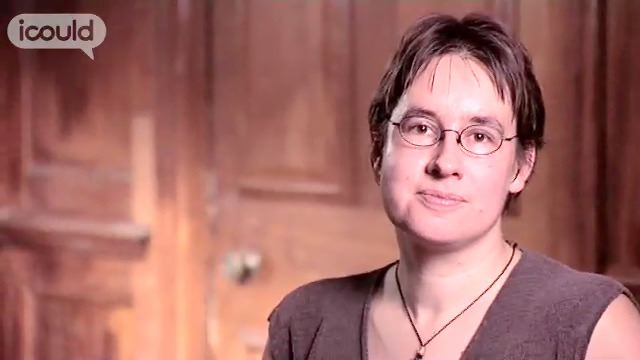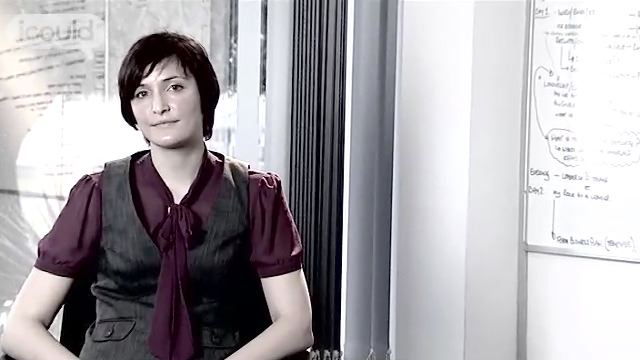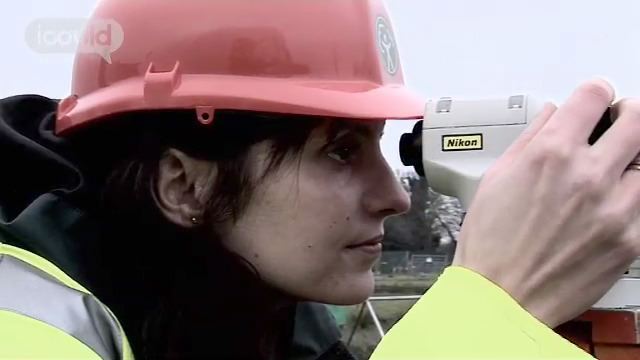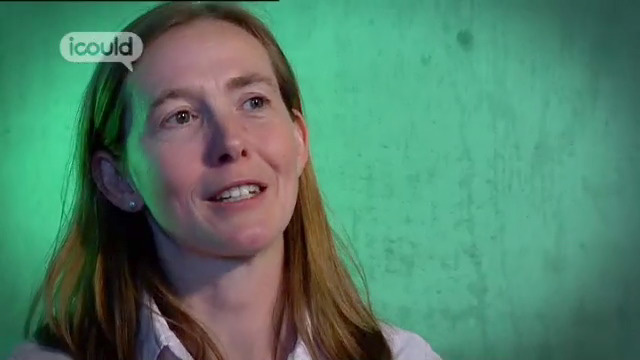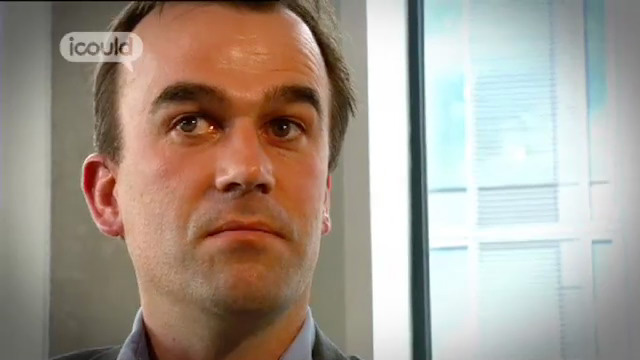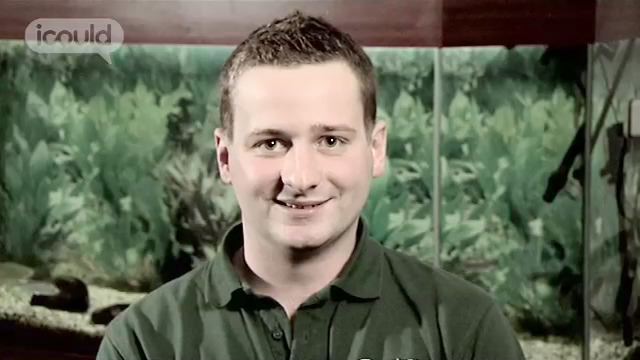Temperate Horticultural Curator
Eden Project
Rob Brett
00:00:03 Hi, I’m Robert B, I’m the Temperate Horticultural Curator here at the Eden Project. Basically, like a Curator in a Museum, what I do is is I oversee all the horticultural aspects within the Temperate Region that we actually have here. So we’re actually in the – what we call the Warm Temperate Biome here at Eden, and that’s temperate regions of the world, and so I oversee this part as part of my job. It’s not sort of totally, you know, getting down there and doing the weeds and all that sort of thing, it’s actually just making sure that, you know, it functions. And it functions properly.
00:00:41 Oh no no no no – I wanted to be a rock and roll star, but of course that never worked out, did it? I mean I was interested, I suppose, in environment and environmental issues, if you said to me from a ten year-old perspective, you know, I was interested in Nature I suppose, and things like that. But to tell you the truth, I mean my Dad used to force me to go out into the garden on Sundays and help him in the garden, and all my mates were off playing, and all that sort of thing. And I just wanted to sort of go with them, I didn’t want to do bleeding gardening, and all that. I didn’t become rock and roll star, I found myself working in a field one day to earn some money etcetera, and somebody sort of said to me – why don’t you go and learn about this? And I thought, yeah, why not?
00:01:48 I actually left school and just then went straight in to sort of a summer job, and that just then sort of continued on, and it was just, you know, I was earning money, it was great, you know, it’s – well it’s one of the best times I think in your life, when you’ve suddenly got all this money that, you know, in your pocket sort of thing, you’re still living at home you’ve got, you know -and you can go out and spend and enjoy yourself sort of thing. At the age of 18 I actually had my own landscape business. Admittedly minor, you know, but it was still sort of, you know – and I’d really had this thirst for wanting to know more, you know, and learn more. And to learn more about plants. And so an opportunity to go to the Royal Botanic Gardens Kew came up, and I was successful, I got on. I realised that I needed to go the next step, you know, a little bit further I suppose. I mean, you know, I could have probably stayed and done what I did, but I needed challenges, I needed something fresh, something new.
00:02:57 If you ever have changing points in your life, I think that was one particular, you know, real change for me in my life, was the fact that, you know, I’d come out from farming and horticulture, I mean Garden Centre work and then commercial, you know, horticulture, and gone into this very formal Botanic Garden setting. But it was the Royal Botanic Gardens Kew. I mean every time you sort of cycled past the Palm House it was just like, my God, you know, loads of history here, and you know, still just absolutely amazing. And the course finished, but because I’d specialised in orchids, it just so happens that a job came up in the Orchid Section, so I actually stayed working with tropical orchids for a further five years. And then, you know, I’d narrowed down too much, and I wanted to broaden out a bit, and a job came up at Cambridge University Botanic Garden, which was totally dealing with all of their glasshouses, so I was their Supervisor of the Glasshouse environment there. And that was, you know, that was just another fantastic step for me.
00:03:25 There’s some fundamental things that we’re having problems with with people and the planet, and issues like that, that are going on, and this is why to me this job here at Eden is a bit of a dream job, is the fact that Eden’s trying to actually get people, through using plants, to actually refocus on where we’re probably heading and make change, make social change actually happen. Plants are just the medium aspect in order to engage with people and perhaps make that little bit of difference.
00:03:58 ENDS
Who would have thought that helping your Dad in the garden on a Sunday could lead to having responsibility for the smooth running of the Temperate Biome at the Eden Project? Robert B built on an interest in the environment, running his own landscape business and taking opportunities to study and work at Kew, and Cambridge University Botanic Garden, before landing his current role. Thriving on challenge Robert is now keen to make a difference by helping improve public undertsandiing and by making social change happen.
More information about Chartered architectural technologists, planning officers and consultants
The UK average salary is £29,813
There are 37.5 hours in the average working week
The UK workforce is 47% female and 53% male
Future employment
- Analyses information to establish the nature, extent, growth rate and likely development requirements of the area
- Examines and evaluates development proposals, consults statutory bodies and other interested parties to ensure that local interests are catered for and recommends acceptance, modification or rejection drafts and presents graphic and narrative plans affecting the use of public and private land, housing and transport facilities
- Develops construction project briefs and design programmes and advises clients on methods project procurement, environmental, regulatory, legal and contractual issues and assesses environmental impact
- Monitors compliance with design, statutory, and professional requirements, administers contracts and certification, carries out design stage risk assessments and manages health and safety
- Evaluates and advises on refurbishment, recycling and deconstruction of buildings
- Prepares designs, building plans and drawings for use by contracts and investigates proposed design with regard to practicality, cost and use
- Surveys land uses and prepares report for planning authority and issues development permits as authorised
- Liaises with engineers and building contractors regarding technical construction problems and attends site meetings, as the lead consultant or as part of the team.
- Provides expert advice on issues related to planning and development, including practical, regulatory, legal and statutory matters
- Chartered architectural technologists specialise in design, underpinned by building science, engineering and technology applied to architecture within projects.
